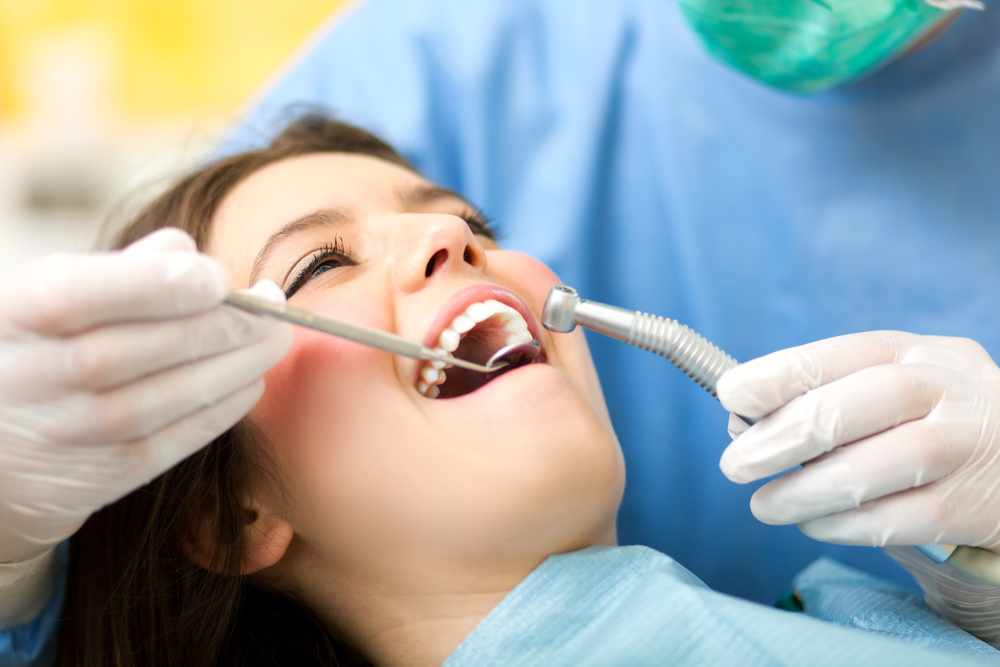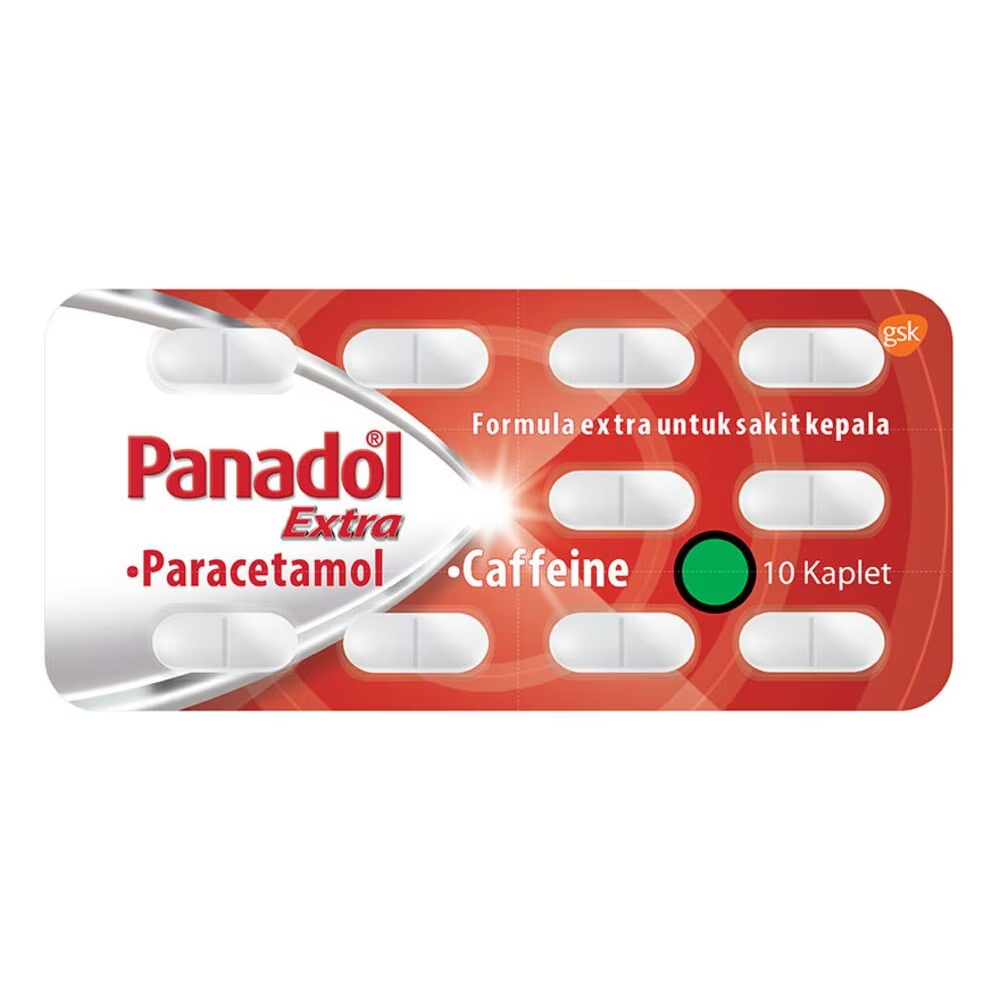Oral health is a critical aspect of overall well-being, yet it’s often overlooked until problems arise. Good dental care is not just about having a bright, white smile—it’s about maintaining the health of your teeth, gums, and mouth, which in turn affects your overall health. The good news is that with proper care, you can maintain healthy teeth and gums for a lifetime. In this article, we will explore the best practices for lifelong oral health to help you achieve and maintain a beautiful smile and prevent common dental issues.
Why Oral Health Matters

Oral health affects more than just your smile. Poor dental hygiene can lead to a range of oral issues, such as tooth decay, gum disease, and bad breath. But the effects don’t stop there—research has shown that poor oral health can also contribute to serious health conditions such as heart disease, diabetes, and respiratory problems.
On the other hand, good dental care has a direct impact on your overall health, confidence, and quality of life. Keeping your teeth and gums healthy helps you enjoy a balanced diet, prevents discomfort, and boosts self-esteem.
Best Practices for Lifelong Oral Health

1. Brush Your Teeth Twice a Day
Brushing your teeth is the most basic, yet most essential, part of dental care. The American Dental Association (ADA) recommends brushing your teeth at least twice a day—once in the morning and once before bed. Brushing removes food particles and plaque, a sticky film of bacteria that forms on your teeth. If plaque is not removed, it can harden into tartar, which can lead to cavities and gum disease.
For the best results:
- Use a fluoride toothpaste to help strengthen tooth enamel and prevent cavities.
- Brush for at least two minutes each time to ensure you clean every surface of your teeth.
- Replace your toothbrush or toothbrush head every three to four months or sooner if the bristles are frayed.
2. Floss Daily
Brushing alone can’t reach the tiny spaces between your teeth, which is why flossing is an important part of your oral care routine. Flossing removes plaque and food particles from between your teeth, preventing tooth decay and gum disease.
To floss effectively:
- Gently slide the floss between your teeth using a back-and-forth motion.
- Curve the floss around each tooth in a “C” shape and move it up and down to clean beneath the gumline.
- Use about 18 inches of floss, and make sure to use a clean section for each tooth.
3. Use Mouthwash
Mouthwash is a great addition to your oral care routine, as it can help reduce bacteria, freshen your breath, and provide additional protection against cavities and gum disease. Choose an alcohol-free mouthwash that contains fluoride for cavity prevention and antimicrobial properties.
Mouthwash can reach areas of the mouth that brushing and flossing may miss, and it provides a quick and easy way to keep your mouth feeling fresh. However, mouthwash should not replace brushing or flossing—it’s a supplementary step to your regular routine.
4. Visit Your Dentist Regularly
Regular dental check-ups are vital for maintaining good oral health. The ADA recommends visiting your dentist at least once every six months for a professional cleaning and examination. During these visits, your dentist will check for signs of cavities, gum disease, and other oral health problems. Early detection of issues can prevent serious complications down the line.
Additionally, your dentist may provide personalized advice on oral care and offer treatments such as fluoride treatments or dental sealants to protect your teeth.
5. Eat a Balanced Diet
What you eat directly impacts the health of your teeth and gums. A well-balanced diet rich in vitamins and minerals helps keep your teeth strong and your gums healthy. Calcium-rich foods, such as dairy products, leafy greens, and fortified plant-based milks, help strengthen your teeth, while foods high in vitamin C, such as citrus fruits and berries, are essential for gum health.
Limit your intake of sugary and acidic foods and drinks, as they can contribute to tooth decay and enamel erosion. When you do consume sugary treats, try to eat them with meals to reduce the amount of acid produced by bacteria in your mouth.
6. Drink Plenty of Water
Drinking water throughout the day is essential for your overall health and for maintaining a healthy mouth. Water helps rinse away food particles and bacteria from your teeth, keeping your mouth hydrated and preventing dry mouth. Dry mouth can lead to an increase in cavities, bad breath, and gum disease because it reduces the mouth’s ability to naturally fight off bacteria.
Drinking fluoridated water also helps strengthen tooth enamel and reduce the risk of cavities.
7. Avoid Tobacco Products
Tobacco use, whether in the form of smoking or chewing, is one of the leading causes of oral health problems. Smoking and chewing tobacco can lead to gum disease, tooth decay, and even oral cancer. Tobacco also stains teeth, leaving behind yellow or brown discoloration.
If you use tobacco, consider quitting to reduce your risk of oral health issues and improve your overall well-being. Your dentist can provide resources and support to help you quit.
8. Protect Your Teeth from Injury
Protecting your teeth from injury is important, especially if you participate in sports or activities that carry a risk of dental trauma. Wearing a mouthguard can prevent chipped or knocked-out teeth during contact sports. If you grind your teeth at night (a condition called bruxism), your dentist may recommend a custom night guard to protect your teeth from damage.
9. Consider Orthodontic Treatment
Orthodontic treatment, such as braces or clear aligners, can help correct misaligned teeth and bite issues, which can improve both the function and appearance of your teeth. Proper alignment makes it easier to clean your teeth and gums and can reduce the risk of cavities, gum disease, and other dental problems.
If you have concerns about the alignment of your teeth or bite, talk to your dentist about orthodontic options that may be right for you.
Conclusion: Commit to Lifelong Oral Health

Maintaining good oral health is a lifelong commitment. By following these best practices—brushing and flossing regularly, visiting your dentist, eating a balanced diet, and avoiding harmful habits—you can ensure that your teeth and gums stay healthy for many years to come. Remember, good dental care is an investment in your overall health and quality of life. So, make your oral health a priority, and enjoy a bright, healthy smile throughout your life!



